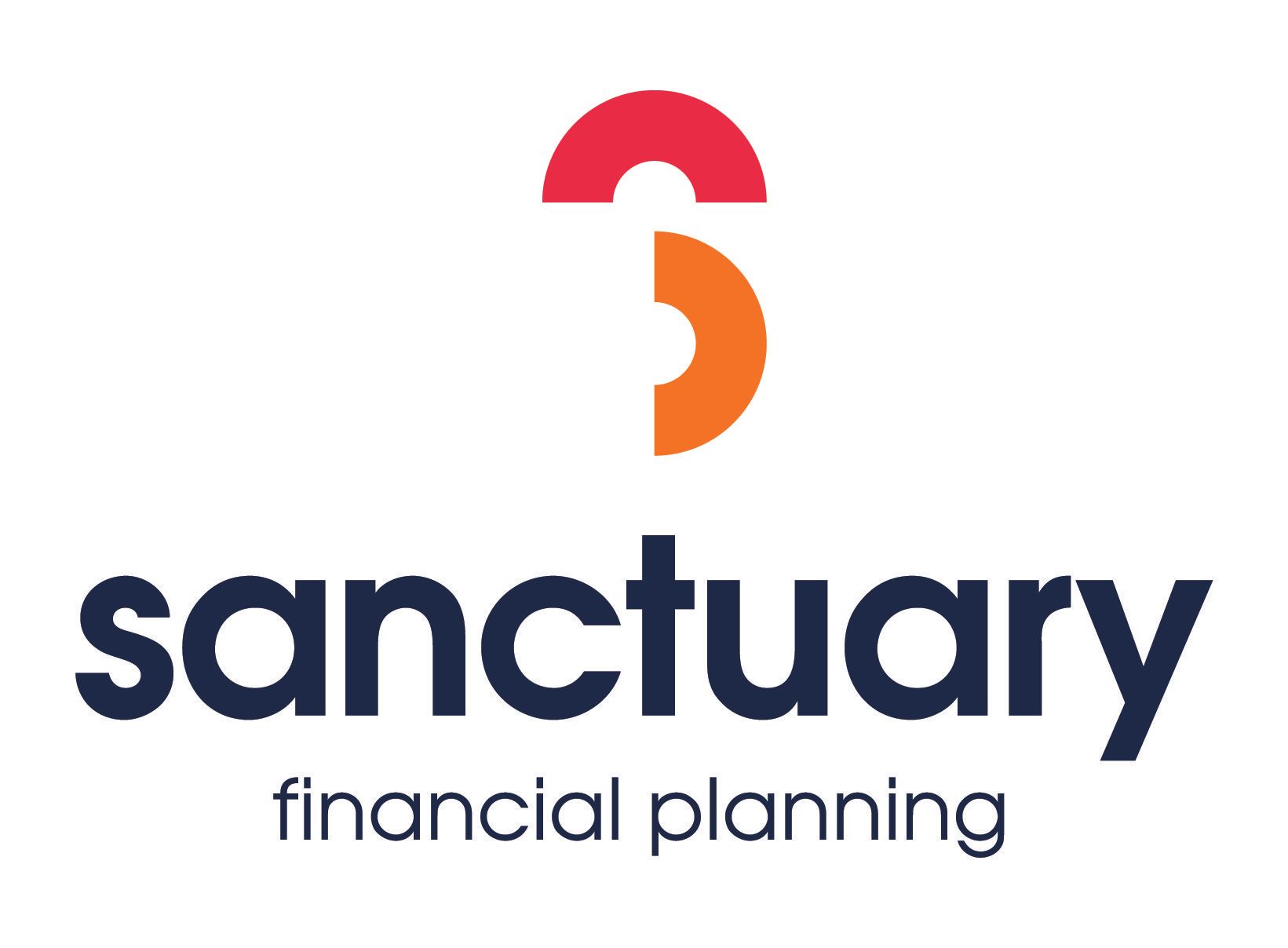Why you need to be prepared for having sudden unexpected Wealth in your life?
Sudden Wealth Syndrome (SWS) is the name given to the psychological condition in which overwhelming pressure from sudden, and/or sudden, wealth may result in emotional and behavioural disorders. Sudden Wealth Syndrome may also impact a persons finances and relationships, usually through emotional and behavioural distress associated with receiving large amounts of unexpected money. The symptoms of Sudden Wealth Syndrome, as well as changes in lifestyle and relationships, may often lead the individual to engage in self-destructive, self-defeating behaviours as a reaction to their new financial situation.
Coming into sudden wealth, either through an inheritance, career windfall, or good fortune with a lottery, can cause significant emotional and financial challenges to individuals who did not have much money during their lives. For some young people, windfalls can become an emotional and financial catastrophe. Coming into a big lump sum of cash all at once can certainly be an emotional moment in your life. Coming into large amounts of money can bring about many emotions, ranging from the harrowing joy of winning a lottery, to the mix of sadness, guilt, and gratitude that may come with inheritance.
Even when people are good at handling a financial windfall, they cannot always handle one emotionally. If money is not as unlimited as newly rich people believe, their newly found riches disappear very quickly, leading to more stress. The newly wealthy struggle with even the smallest decisions on what to do with their newfound wealth.
The newly wealthy are afraid that their newfound wealth will somehow disappear as suddenly as it appeared. The newfound wealth of the newly wealthy gives them freedom to enjoy travel and other luxury items some friends cannot. We are all familiar with the cliché about a friend who is newly rich, who suddenly looks for a handout. When you are suddenly rich, it is easy to become caught up in the spending behaviours your friends cannot readily keep up.
If you have no experience dealing with wealth, you might feel like you have all the money in the world. When your finances change so drastically suddenly, you lack experience, knowledge, and even the network of people who could counsel you about what you could do with or what you should do with the newfound wealth.
Consider becoming more financially educated, or hiring a financial adviser experienced in asset management, to find out how you can grow and protect your wealth. Before making any decisions to help friends or family members with their finances, seek the advice of a financial professional who can ensure your ideas are tenable. At a minimum, a financial adviser can help you to alleviate different situations that you might have to navigate. To aid with the assurance, a wealth adviser can be a resource both with regard to managing your money and in steering you through the emotional challenges.
Instead of going to multiple professionals to handle your sudden wealth, we can enlist the services of experienced professionals who will look at all aspects of your wealth and advise you how to invest, save, and spend it as efficiently as possible. We can help develop a plan that supports your goals and ambitions, all the while keeping your newly found wealth intact. If you are looking for assistance managing your sudden windfall, know that we are very experienced in these situations and are more than happy to guide you through your newfound wealth. Your team can help you grow your wealth while maximizing after-tax, risk-adjusted returns with a holistic approach.
Sudden wealth can be wonderful news for you and your family, being cautious may help you avoid pressure to hand over your cash to family, friends, or charities that might seek a share. Big money changes expectations that family and friends may have for you, and it can severely strain tight relationships. While these issues are mostly financial, emotional and personal stress may arise as well, with friends and family wanting access to your newfound wealth.
Whether it is because you cannot believe that this has actually happened, or fear the reaction of your family, friends, and neighbours, you might feel paralyzed economically. Instead of feeling empowered and decisive, you feel paralyzed and unable to make decisions about how you are going to spend your money.
Any one of these feelings could result in a failure to make decisions, on one hand, or in acting impulsively in ways that cause you to destroy wealth, on the other. These feelings of confusion and uncertainty about ones self and what ones values can lead to denial of actual choices, which may combine with a passive, un-deserving attitude towards ones money. If an individual feels guilty or anxious about ones sudden wealth, it is likely to erode the achievements or situations that led to ones good fortune.
Many people start developing symptoms, problems, reflecting their anxieties, feelings of guilt, and uncertainties surrounding having and/or inheriting wealth. Symptoms include constant thoughts of money; anxiety and depression caused by volatility in the stock market; feelings of extreme guilt; poor decision-making as one feels unworthy of the riches, and confusion of identity. We are seeing an increasing number of people who experience the constellation of problems and symptoms associated with stress caused by a sudden success or gain in wealth.
Its very own financial term, by psychologist Steven Goldbart, describes feelings of pressure, guilt, and similar emotions associated with gaining a frequently surprising financial windfall. While the negative emotional effects of becoming suddenly rich are not listed in the Diagnostic and Statistical Manual of Mental Disorders (DSM) -- the bible of mental health diagnoses -- some therapists working with individuals in such situations have coined the term "Sudden Wealth Syndrome". Ironically, getting too much wealth too fast may actually harm your finances over the long run. Ironically, an unexpected infusion of money can interfere with smart financial planning.
It is important to develop a realistic view of exactly what you can afford to do, yet still leave enough to live on throughout your life. If you are stumbling onto lots of money all of a sudden, here are a few things that you can do for both the short-term and the long-term, in order to keep yourself wealthy, healthy, and, hopefully, happy.
Cited Sources
- https://sherwoodwealth.com/sudden-wealth-syndrome/ 0
- https://moneywise.ca/managing-money/budgeting/sudden-wealth-pitfalls 1
- https://www.ft.com/content/a5297c2c-03fe-47e0-b13a-6d20f7d2b3f8 2
- https://www.cognizantwealth.com/2013/04/24/sudden-wealth-blessing-or-curse/ 3
- https://www.captrust.com/vested-summer-2019-suddenly-in-the-money/ 4
- https://www.marinerwealthadvisors.com/insights/5-tips-for-dealing-with-sudden-wealth/ 5
- http://www.waitsfinancialgroup.com/5-Tips-Managing-Sudden-Financial-Windfall 6
- https://argentbridge.com/emotional-impact-of-sudden-wealth-and-how-money-coaching-helps/ 7
- https://en.wikipedia.org/wiki/Sudden_wealth_syndrome 8
- https://www.webmd.com/balance/features/sudden-wealth-syndrome 9
- https://www.mmcinstitute.com/about-2/sudden-wealth-syndrome/ 10
- https://www.cnbc.com/2022/05/03/sudden-wealth-can-come-with-serious-emotional-and-financial-challenges.html 11
- https://wealthtender.com/insights/financial-planning/sudden-wealth-syndrome/ 12
- https://www.personalcapital.com/blog/investing-markets/sudden-wealth-syndrome-tips/ 13
- https://www.moneycrashers.com/deal-manage-sudden-wealth-syndrome/ 14
- https://www.rgj.com/story/news/money/business/2020/07/08/sudden-wealth-syndrome-can-cured-brian-loy/5402443002/
15







